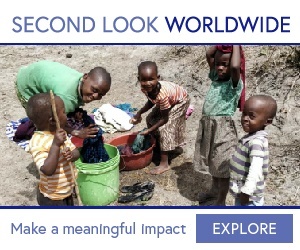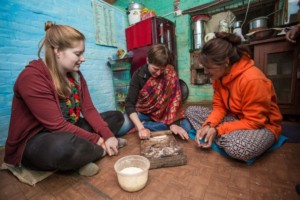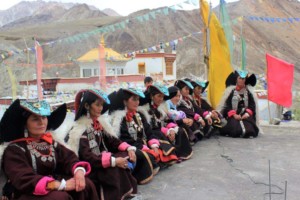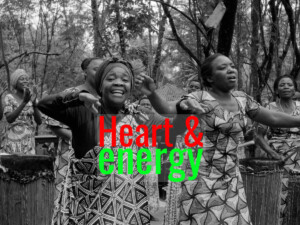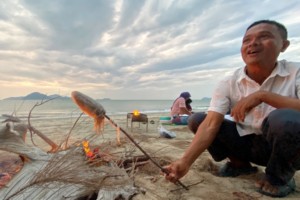How a community-based tourism & homestay network empowers women in Nepal
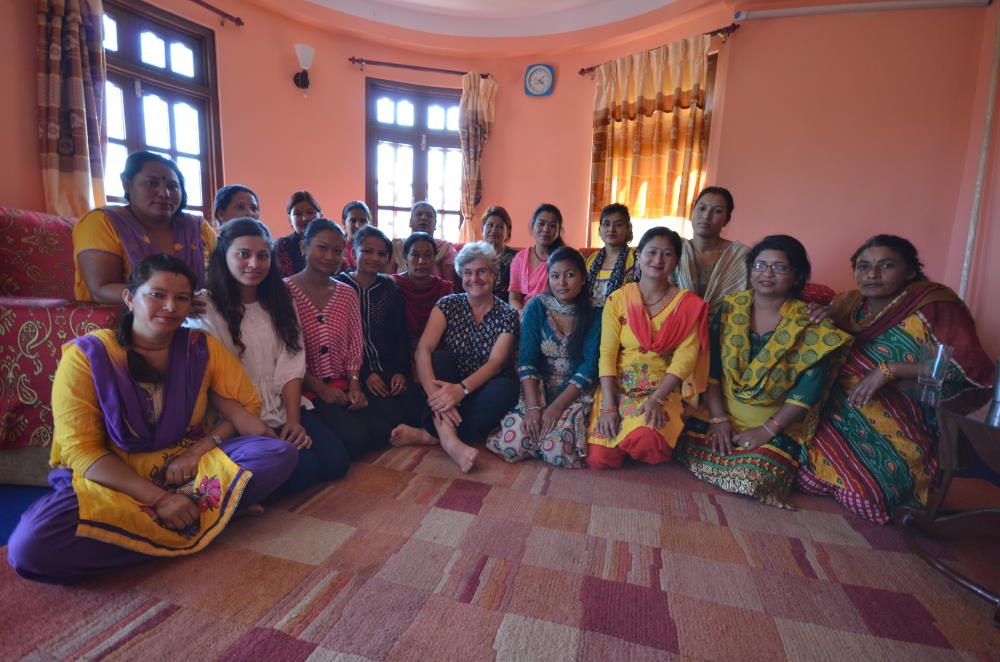
Tourism impact and sustainability expert Aadyaa Pandey discusses a few of the challenges overcome by Nepal’s Community Homestay Network (CHN). And she celebrates its positive impacts. Thanks to “Good Tourism” Insight Partner Second Look Worldwide for inviting Aadyaa to contribute this inspiring “GT” Insight about a social enterprise that arose from a modest yet wildly successful CSR project.
“Tourism has the potential to change lives for the better.” Not only does this sound good in theory, but data and anecdotal evidence from around the world shed light on the power of tourism to improve people’s lives. Nepal, the home of the Himalayas, has a large scope for tourism. With this comes an opportunity to engage local communities so that the benefits of tourism can seep through to the grassroots level.
With the aim to empower women and enable the benefits of tourism to reach local communities, Royal Mountain Travel (RMT), set up a community homestay with one woman and her house in Panauti in 2012.
For any enterprise to become successful, there has to be a market linkage. RMT provided that marketing support by featuring Panauti in travel blogs and global magazines. As glimpses of the historic and intricately-decorated temples, snapshots of the Newari way of life, and scenes of an old idyllic town reached audiences worldwide, travellers started pouring into Panauti to experience the laid-back lifestyle themselves. And 10 more houses quickly signed up.
Success in Panauti, helped along by a Booking Booster grant in 2018, gave birth to what is now Community Homestay Network (CHN), a social enterprise that works with communities at the grassroots level. CHN primarily provides marketing and logistics support to the member communities. In addition, CHN offers training to homestay hosts on topics related to hospitality management and works with the communities to design add-on experiences for travellers so that they might enhance and extend their stay.
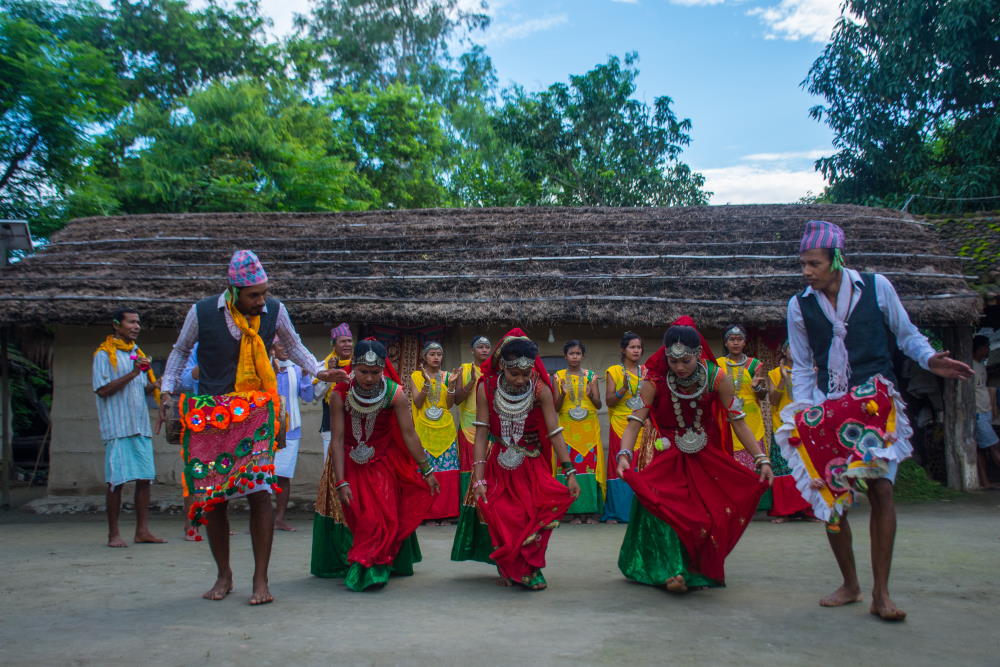
Community-based tourism challenges
Any grassroots-level intervention comes with its set of challenges and CHN’s experiences are no different. One of the biggest challenges CHN faces with the communities it engages with is convincing members to invest in upgrading their services to travellers from the get-go. While communities look to CHN to guarantee guests before they make any investment, CHN cannot send guests to the community until the community meets a certain standard. A classic chicken-or-egg problem. CHN has implemented a clear communication strategy to inform member communities on the value it can add and generally this has been enough to generate cooperation from the member communities.
Another challenge is that it is difficult to work at the community level when there is criticism from and disharmony in the wider community. CHN has experienced disruption from some members of the community who are not part of the network. To combat conflict in the community and enable cooperation, CHN implemented an 80 – 20 module through which each member of the network is required to allocate 20% of the revenue they receive towards community development activities. In addition to this, members are strongly encouraged to buy products locally, preferably from their own neighborhood.
In extremely conservative societies there are bound to be cultural challenges as well. While CHN encourages women to open and manage homestays, some members of the wider community frown upon women interacting with foreigners or even shaking a male traveller’s hand. However, as cultural exchanges become the norm and not the exception, criticisms and unwanted remarks from conservative members dissipate.
Community-based homestay benefits
Despite being faced with challenges, the impact that CHN has been able to generate is remarkable. When you visit these homestays, which are mostly led by women, you get a palpable sense of improvement in their lives. In Panauti for example, as you interact more with homestay hosts, they will tell you their stories of how homestays have made them more confident, more in control of their spending, and helped them gain more respect from their communities as they have become more financially independent. Women who were once very shy are now conversing confidently with the tourists that visit them. Furthermore, new businesses have emerged near the homestays, tourists are getting more opportunities to witness the cultures of indigenous groups, and homestay owners are learning more from cultures around the world. One homestay owner remarked: “Why travel the world when the world can come to your own doorstep?”
The ripple effect of community-based tourism stretches far. In Barauli, for example, since the establishment of the community homestay, the local agriculture-based economy has been benefiting as most of the supplies are sourced locally. Other community-based lodges and restaurants have emerged in Barauli providing employment to many locals, mostly youths. This is significant for a country that has suffered from young people migrating out of the country in search of better employment opportunities.
The potential of community-based tourism to change lives seems infinite. While travellers get to experience a location in a very authentic way, locals benefit too as every monetary contribution goes into uplifting them both socially and financially.
Featured image: Women who manage the Panauti Community Homestay with some members of the Community Homestay Network team. Supplied by Aadyaa Pandey.
About the author
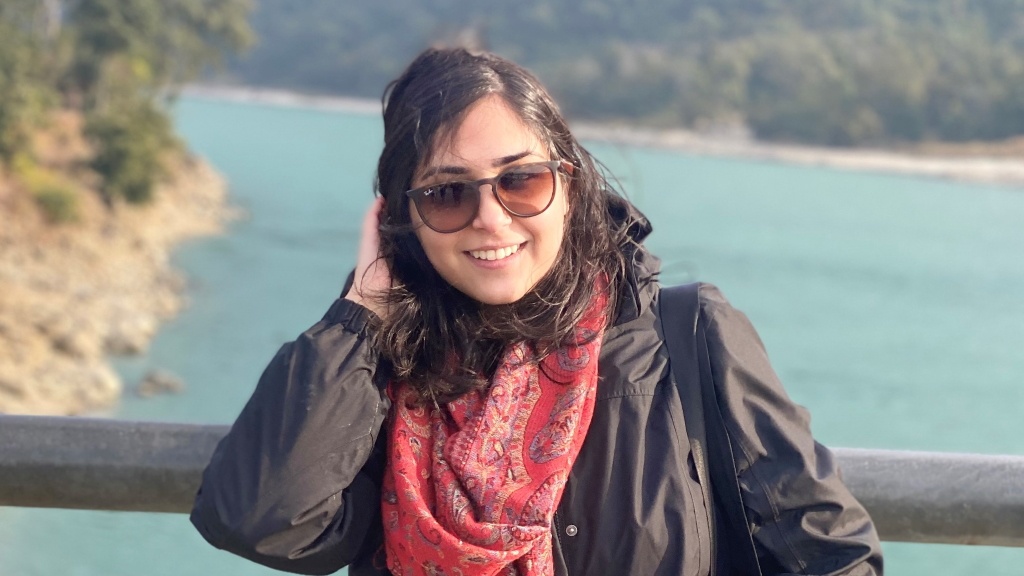
Aadyaa Pandey leads the Impact and Sustainability Department at Royal Mountain Travel, a Nepal-based sustainable tour operator that specialises in offering community-based products. Her department’s role includes measuring the company’s social and environmental performance; implementing, monitoring and evaluating impact and sustainability-oriented efforts; and communicating the company’s commitments towards people, communities and the planet to appropriate stakeholders.
Thanks to “Good Tourism” Insight Partner Second Look Worldwide for inviting Aadyaa to contribute this “GT” Insight.


